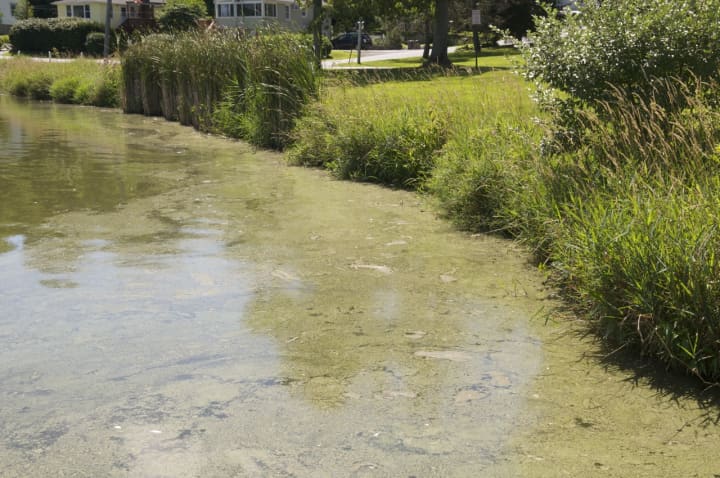These microscopic organisms are naturally present in lakes and streams, but sometimes undergo rapid growth with high amounts of sunlight and increased levels of nitrogen and phosphorus, which can result from leaking septic systems, fertilizer and storm water run-off. Beaches can only reopen after clearance from the health department, based on a lab test indicating a return to an acceptable level of bacteria.
“The health department has begun on-site testing to expedite this process,” said Health Commissioner Allen Beals, M.D. “Previously, samples were sent to an outside laboratory and testing could take three to four days. With this new procedure, if the test indicates it is safe to swim or wade, we can reopen beaches the same day,” continued Beals. “In this way, residents can return to their favorite in-water activities as soon as possible.”
Health effects from contact with the poisonous algae may include irritation of the skin, eyes, nose, throat and respiratory tract. If swallowed, high levels of the bacteria can cause nausea, diarrhea and vomiting. In addition to ingesting the tainted water or surface scums, inhaling airborne droplets or simple skin contact can cause problems.
Town officials must close a beach when there is visible presence of cyanobacteria, which can include water discoloration, floating film or scum, or an unpleasant odor. There are water treatments to reduce the blooms but prevention is the best method. Treatments can involve use of algaecides, but they are not without the disadvantages of any pesticide. Treatment methods, if any, are strictly a town decision, and application of an algaecide requires approval by the Department of Environmental Conservation (DEC).
Prevention involves reducing fertilizer use, keeping septic systems running efficiently and managing storm water. When the water clears, either naturally or by treatment, the town cannot automatically re-open the beach. Water testing must be conducted to ensure resident safety.
Click here to follow Daily Voice Putnam and receive free news updates.




